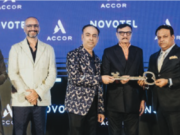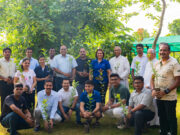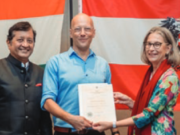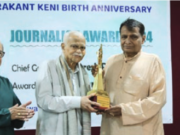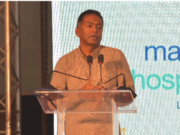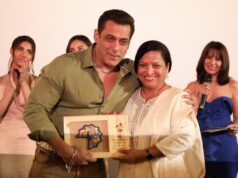Tell us about the start of your journey working for a social cause. What spurred it on?
In college, there was no organisation helping women address crimes against them the way the students’ union handled student’s issues. I spoke to other women students who also felt the need for an organisation to raise our issues. A year later, we formed Bailancho Saad on October 12, 1986. Since all issues are women’s issues, I became involved in issues across the social, economic and political spectrum. The intersection of caste, class, faiths, region, sexual orientation, etc throws up more issues.
What challenges do women face when attempting to resolve social issues?
They vary. Women must constantly fight patriarchal attitudes which evaluate them. Women who speak their mind, are out late face character assassination. Since the issues are based in a socio– economic, political context, women have to contend with corruption, political interference, incompetent and insensitive authorities, failing redressal mechanisms, money power, etc. They do not have resources to meet these challenges Unpaid social work is often undervalued like unpaid housework.
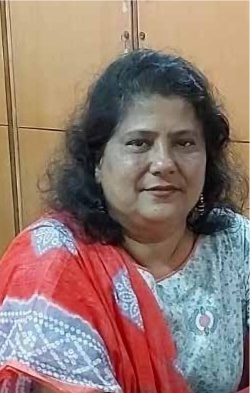
How important is your family support in your cause?
It’s important to have a conducive family environment. Otherwise more energy and time gets diverted to clear obstacles. Generally, charity work gets more acceptance than rights work, where the challenges are more and eat into your family time. My family understands my work and concur with me on the causes I undertake.
What was the toughest challenge you faced so far? How did you overcome it and what did you learn from it?
The toughest challenge is to save a person when there are brazen murder attempts and the redressal mechanisms don’t work. Once, in a mining village in Sanguem, there was an attempt to kill a woman. A neighbour called me. The local police did not respond and so
I called the superintendent of Police in South Goa. The information was leaked to the mining operators and the family destroyed all evidence. The police took the woman away but did not register an FIR. The next day, when she went to pick up her children in a police jeep, the entire community threatened violence.
We sought custody from the court. The accused came to the hearing with a gang and followed her after the proceedings. I informed the Ponda police who intercepted the jeep and took her to her maternal home. She lived in constant fear of being killed.
Following the mining ban, the husband asked her to take the children because his family could not afford to look after them. The matter was still in court. Over the years I have learnt to look out for good people in the system. Bad times do not last. Money power is
not permanent. We have been working to get systems in place specifically for women. For example, for 10 months now, we
do not have a chairperson of the State Women’s Commission. We have to make the government act.
How do you juggle your personal and professional life?
One has to maintain a work-life balance. The system is so rotten that you get burnt out stemming the rot. I distribute my time for various tasks. Sometimes compromises must be made. Over time you learn that you need to care for yourself too.
Read the full article in ‘Viva Goa’ magazine copy.
Viva Goa magazine is now on stands. Available at all major book stalls and supermarkets in Goa.








